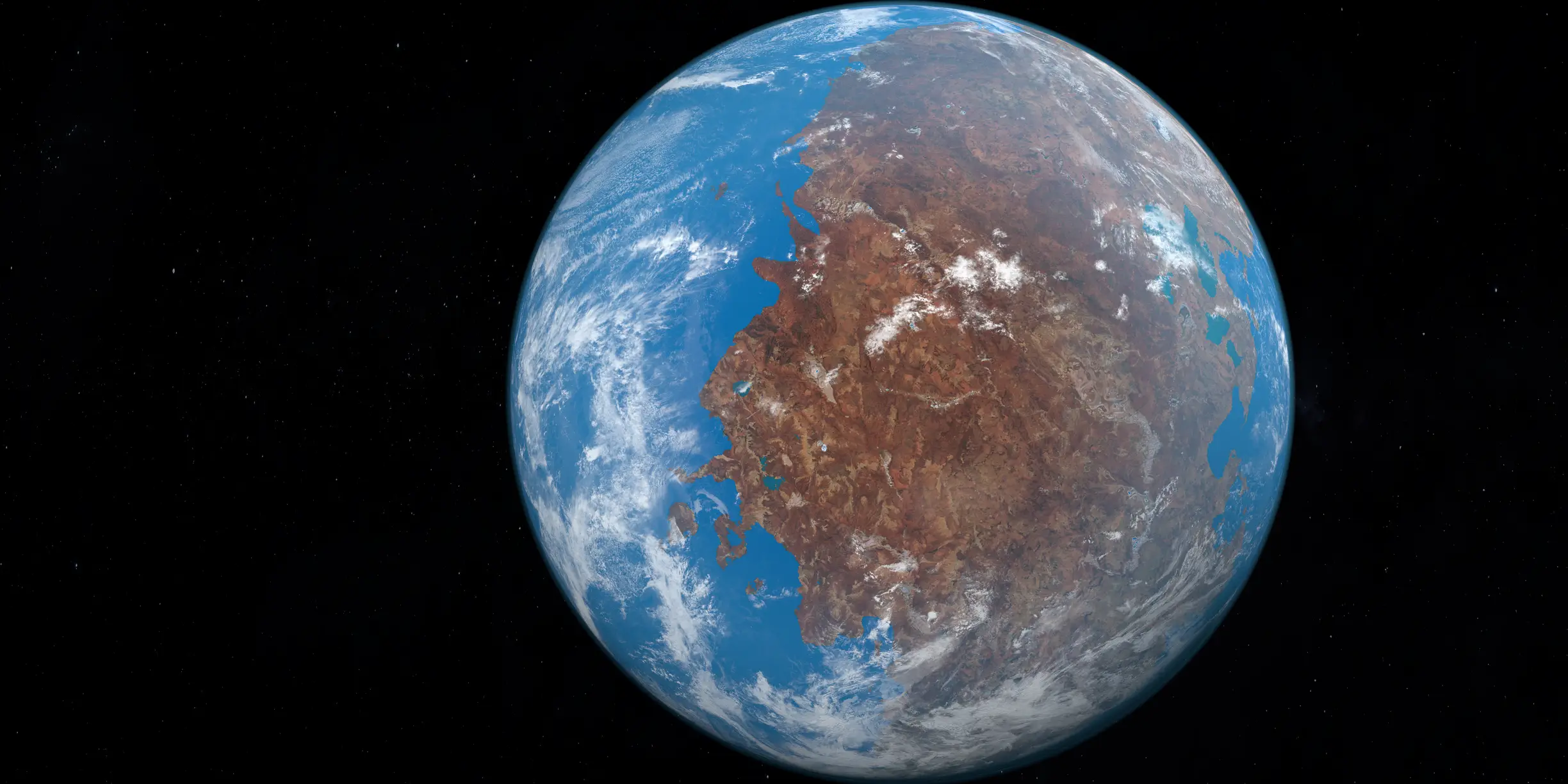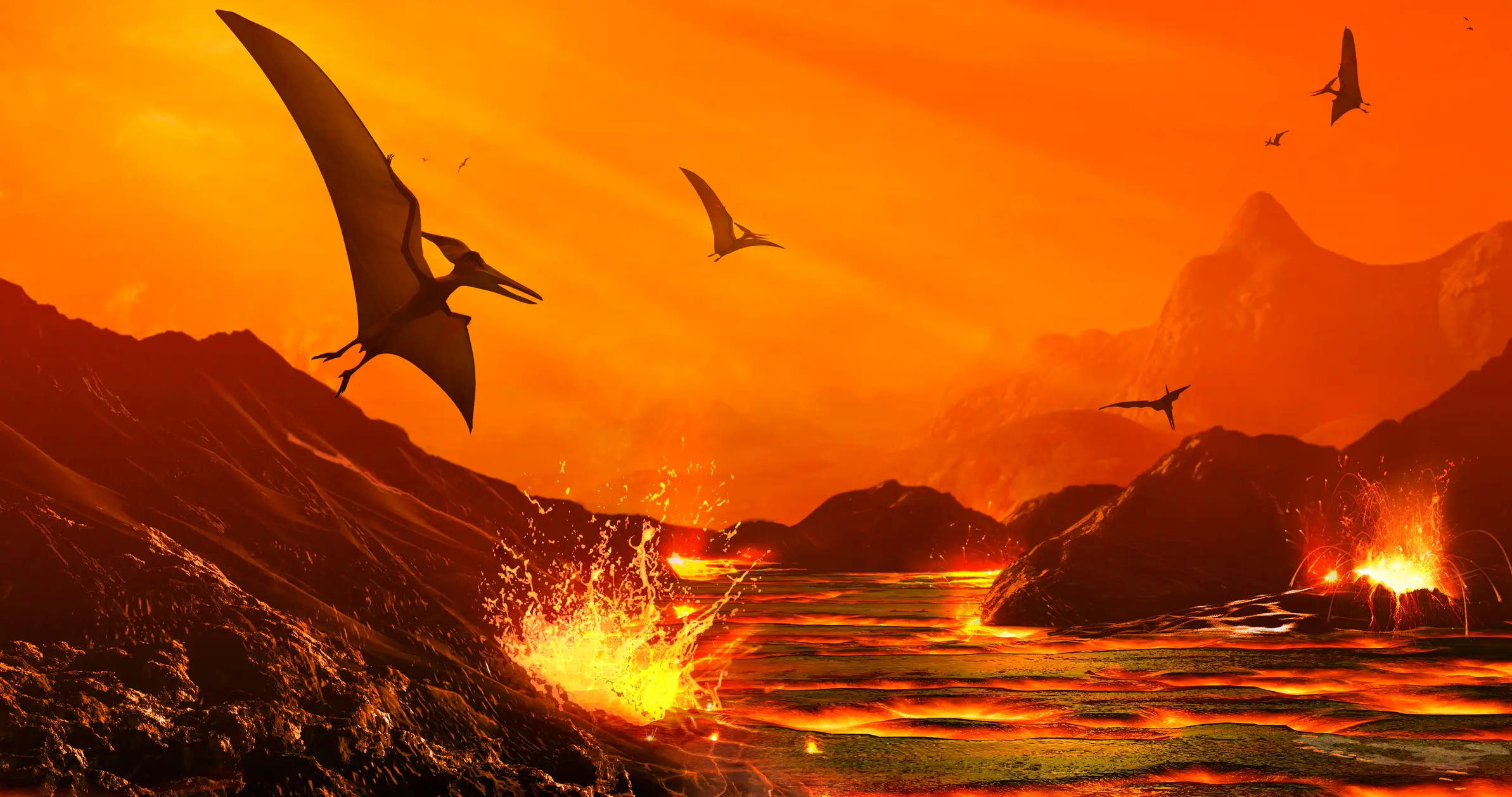
A supercomputer has predicted that the world will end with a shocking ‘triple whammy’ extinction event.
The study revealed just how the first mass extinction since the dinosaurs will take place.
Using a supercomputer, the study was able to look at how climate extremes will intensify in the future - and as you can probably imagine - things aren’t looking too good.

Advert
It was a research team at the University of Bristol who conducted the analysis and found out what the exact cause of the elimination of all mammals on Earth will be.
But don’t panic just yet, they predict that it won’t happen for another 250 million years.
The research, which was published in Nature Geoscience, offered up one theory that the climate would soon result in the formation of one hot, dry and pretty much inhabitable supercontinent.
On this supercontinent, there would be a lot of volcanic eruptions emitting CO2 into the atmosphere.
Dr Alexander Farnsworth, who is a senior research associate at the University of Bristol and a lead author of the study, said: “The newly-emerged supercontinent would effectively create a triple whammy, comprising the continentality effect, hotter sun and more CO2 in the atmosphere, of increasing heat for much of the planet. The result is a mostly hostile environment devoid of food and water sources for mammals.
“Widespread temperatures of between 40 to 50 degrees Celsius, and even greater daily extremes, compounded by high levels of humidity would ultimately seal our fate. Humans – along with many other species – would expire due to their inability to shed this heat through sweat, cooling their bodies.”

While most mammals would be wiped out by this disastrous potential future, some might be able to survive.
According to researchers, around 8% to 16% of the land would still be habitable.
Co-author Dr Eunice Lo, a research fellow in Climate Change and Health at the University of Bristol, went on to add: “It is vitally important not to lose sight of our current climate crisis, which is a result of human emissions of greenhouse gases.
“While we are predicting an uninhabitable planet in 250 million years, today we are already experiencing extreme heat that is detrimental to human health. This is why it is crucial to reach net-zero emissions as soon as possible.”
So while we might be a way off the formation of that hot and basically inhospitable supercontinent, dubbed Pangea Ultima, the climate crisis is happening right now - and there’s still plenty to be done.